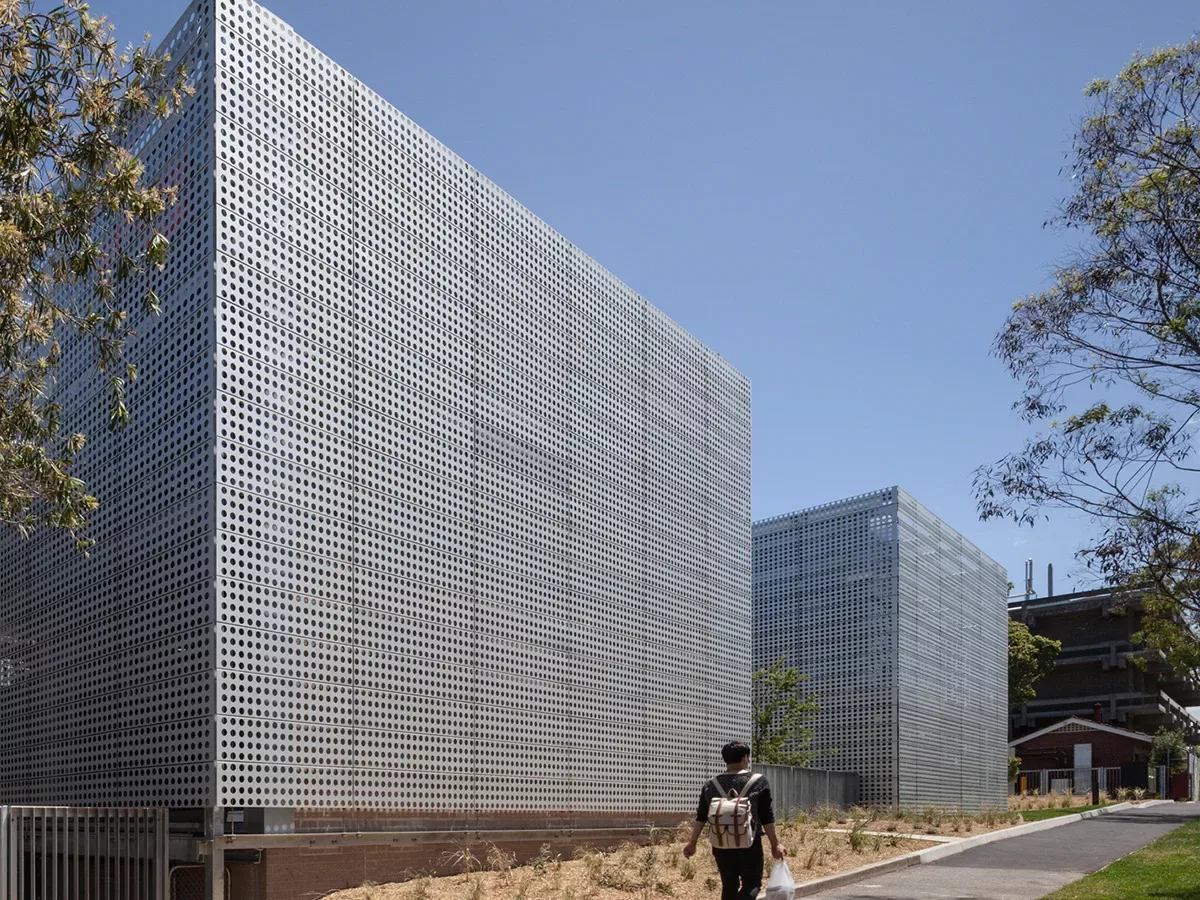CSL bids $800 million in vaccine gamble

By Peter Roberts
Australian biotechnology and vaccine giant CSL is betting $800 million in the race to secure federal and state funding to establish mRNA vaccine in Australia.
The company, which is the fourth most valuable company at $93 billion on the ASX, has outbid a group of smaller firms which are also seeking a share of $50 million on offer from Victoria and an unspecified amount available from the federal government to pioneer the technology behind the Pfizer and Moderna Covid-19 vaccines.
CSL is proposing a R&D facility at its Parkville site in Melbourne followed by a production plant capable of making 50 million doses of vaccine within 16 weeks of opening – with the whole process taking about 18 months.
The company has lined up against numerous established and startup operations including:
- IDT Australia which has existing vaccine manufacturing capabilities in Melbourne
- Opal Bioscience which is proposing to take over the soon-to-close GSK (Glaxo) facility at Boronia in Melbourne which already has vaccine capabilities
- And BioCina, a University of Adelaide linked company that recently took over a Pfizer manufacturing site in Adelaide, again with existing vaccine capabilities.
CSL brings obvious financial muscle and extensive experience manufacturing influenza vaccines in Melbourne to the table, and getting the company over the line to commit such a large amount to a new production plant is clearly in the national interest.
However governments need to tread a fine line here because, after all, how much assistance does a highly profitable company that turns over $12 billion a year really ‘need'.
Nonetheless, local manufacture by CSL would be not only a national, but a regional strength in future disease outbreaks.
The issue with CSL is that it is proposing a greenfields development which means months if not years of approvals from global health authorities are needed for any new facility.
The smaller firms already have some elements of the value chain approved such as clean rooms approved to Good Manufacturing Practice (GMP) standards.
This would cut the time from decision to availability of mRNA vaccines, perhaps shaving six months or more from the timeline, according to insiders.
All three cases above also involve the expansion and reuse of existing facilities, and in the case of Boronia in Melbourne, saving one very large plant which in the past has exported pharmaceuticals worth $1 billion a year making it one of our largest exporters of elaborately transformed manufactures.
It looks like the optimum result would be some support for CSL, but not at the expense of the smaller firms where a little help would go a long way to deepening Australia's vaccine and pharmaceutical capabilities.
Pictures: CSL/Parkville head office
Subscribe to our free @AuManufacturing newsletter here.
Topics Manufacturing News
@aumanufacturing Sections
Analysis and Commentary Awards casino reviews Defence Gambling Manufacturing News Online Casino Podcast Technology Videos





